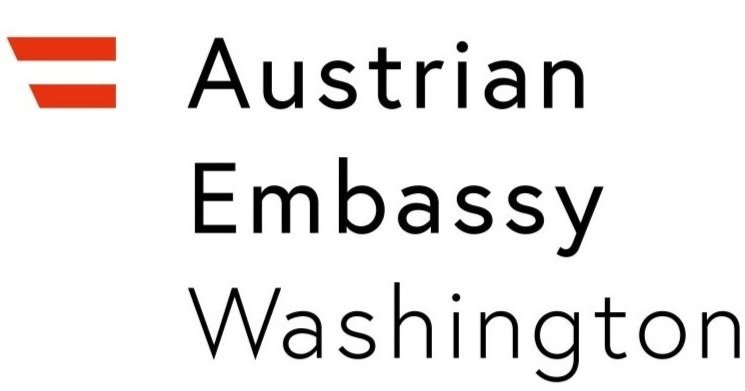
Position in the World
Austria's Position in the World
The end of the Cold War enabled Austria to move from its peripheral position at the borderline between "East" and "West" closer to the centre of a larger Europe. The East-West conflict, which had been the determining factor before the disintegration of the Soviet Union and the consequent collapse of Communism, was replaced by new forms of partnership and cooperation across Europe.
In this context, Austria embarked on a new and important course: On January 1, 1995, it joined the European Union (EU). Since then, it has held the Presidency of the Council of the EU in 1998, 2006, and 2018. For Austria, its EU membership not only entailed its participation in a successful and future-oriented economic project that it had wanted to join for a long time, but it also offered the opportunity to become part of a peace project promising stability and security on the European continent. With this in mind, Austria has since focussed its efforts on fostering the integration of neighbouring states in Eastern and Central Europe and the Western Balkans.
In 1995, Austria accepted the invitation to participate in NATO's Partnership for Peace. Under the Individual Partnership Programme, Austria supports NATO in peace missions, crisis management activities and rescue operations in disaster areas. Austria is thus continuing its long-standing tradition of active membership of the United Nations, the Council of Europe and the Organization for Security and Co-operation in Europe (OSCE). In this context, Austria participated, for instance, in missions in Kosovo, Bosnia-Herzegovina and Afghanistan. Through its membership of international organisations, like the United Nations, the Organization for Security and Co-operation in Europe and the Council of Europe, Austria has undertaken every effort to support and proactively contribute to their peace and security policies. In this spirit, Austria has been actively participating in UN missions in the Middle East (UNIFIL, UNDOF, UNTSO), in Cyprus (UNFICYP) and in Africa (UNOWA) by providing troops and also by dispatching personnel to a large number of other UN and OSCE missions.
Vienna is one of the headquarters of the United Nations and hosts the IAEA, UNIDO, CTBTO and further members of the UN organisation family (UNODC, UNCOPUOS). Moreover, the Secretariat of the Permanent Council of the OSCE, OPEC and the OPEC Fund for International Development as well as the European Union Agency for Fundamental Rights (for the protection of human and fundamental rights) are based in the Austrian capital.
Vienna has frequently been the venue of superpower summits that set the course of history and a meeting place of a large number of important international negotiations. Today, the Austrian capital hosts international conferences and congresses held to deliberate on current challenges and problems as well as prospects for their resolution. Recent conferences include those on the role of women in conflict prevention and crisis management as well as on human trafficking. The latter also reflected the sense of urgency felt in Austria and internationally to fight human trafficking both in Europe and at the international level.
Austria has found new and far-reaching opportunities to strengthen its position in the world. Readiness to actively secure peace and combat misguided developments on the world stage are among the priorities of Austrian foreign policy, both within the Union and internationally. In particular, the activities launched by Austria in this context include negotiation diplomacy, crisis management, stability policy as well as disaster relief and reconstruction.
Austria also contributes to the international efforts to pursue a climate-sensitive energy policy by undertaking measures aimed at a sustainable national environmental and energy policy. In addition to its own strict national legislation Austria has also adopted additional provisions in the field of landscape conservation which had been agreed upon within the European Union. Austria abides by its decision to remain a nonnuclear country, which was taken just before the commissioning of the Zwentendorf nuclear power plant. This followed a clear rejection of nuclear power by Austrian voters in a referendum. Against this background, nuclear power plants in neighbouring countries are a particular concern of Austria's safety interests.
Despite changing conditions, Austria continues a long-standing tradition of making an active contribution to maintaining international peace and security.
